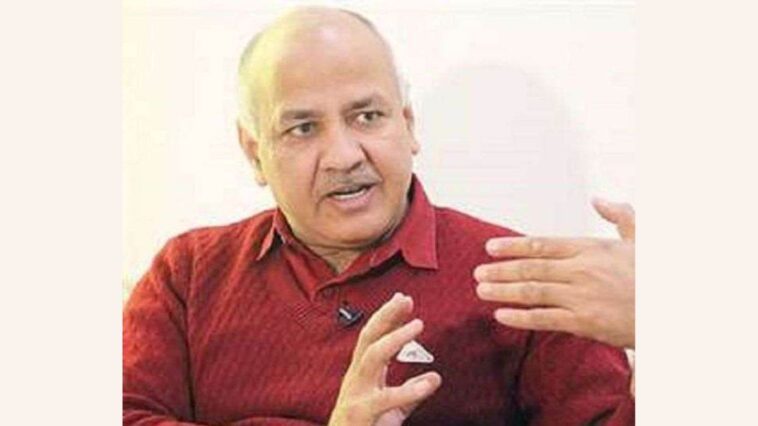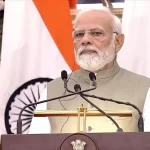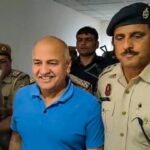Friday, Manish Sisodia was brought before a Delhi court in relation to the liquor policy case.
Friday, the Enforcement Directorate informed the court that the liquor policy for which the former deputy chief minister of Delhi, Manish Sisodia, was arrested was enacted as part of a plot to award wholesale business to specific private companies. Zoheb Hosain, representing the ED, informed the court that there was no suggestion from the general public to establish the wholesale profit margin at 12% for private entities. According to Livelaw, ED’s attorney told the court, “there was a conspiracy to frame the policy so as to ensure unlawful benefits for certain individuals.” Read | ‘Next will be Arvind Kejriwal…’: a warning from alleged conman Sukesh Chandrashekhar

ED has requested Sisodia’s detention for 10 days in order to investigate the money laundering aspect of the case. Hossain, arguing for the ED, stated that Vijay Nair and others, in addition to the South cabal, orchestrated the conspiracy behind the policy. The ED told the court that the entire scheme began with the formulation of the policy by Sisodia and others.
ALSO READ: ED arrests former Delhi deputy CM Manish Sisodia in excise policy case
As the ED read the charges against Sisodia, it informed the court that the South cartel, which includes Telangana MLC K Kavitha, gained control of nine zones and became a major player in the Delhi excise business. The ED stated that Vijay Nair was negotiating with the South cartel on behalf of the Delhi chief minister and deputy chief minister (Sisodia).
LiveLaw reported that ED’s investigation revealed that Sisodia personally approved the file of the Indospitits liquor company with the excise department. The ED alleged that Sisodia used SIM cards and made purchases under the names of others. The ED stated that he purchased phones on Flipkart under the name of a third party without making payment, while destroying his own device.
The ED stated that the proceeds of the crime amounted to more than 292 crore and that in order to disclose the entire mode of operation, it would need to confront other individuals whom it has already summoned. The ED stated that Sisodia’s statement differed from those of other individuals questioned in connection with the case.
The CBI apprehended Sisodia in the liquor case on February 26. As he was in CBI custody, the ED routinely questioned him. Wednesday, the ED apprehended Sisodia in connection with an alleged liquor scam involving money laundering.
Sisodia’s attorney, Dayan Krishnan, opposed the 10-day appeal of the ED and argued that the policy was authorised by the then-L-G after Sisodia and others drafted it. Sisodia’s attorney asked, “Where did the money go?” “Money laundering requires an examination of concealment, possession, and use. It must be traced back to the person. No money has been traced back to me. We are discussing a premier investigation firm. Why have they been unable to attribute a single cent to me?”




